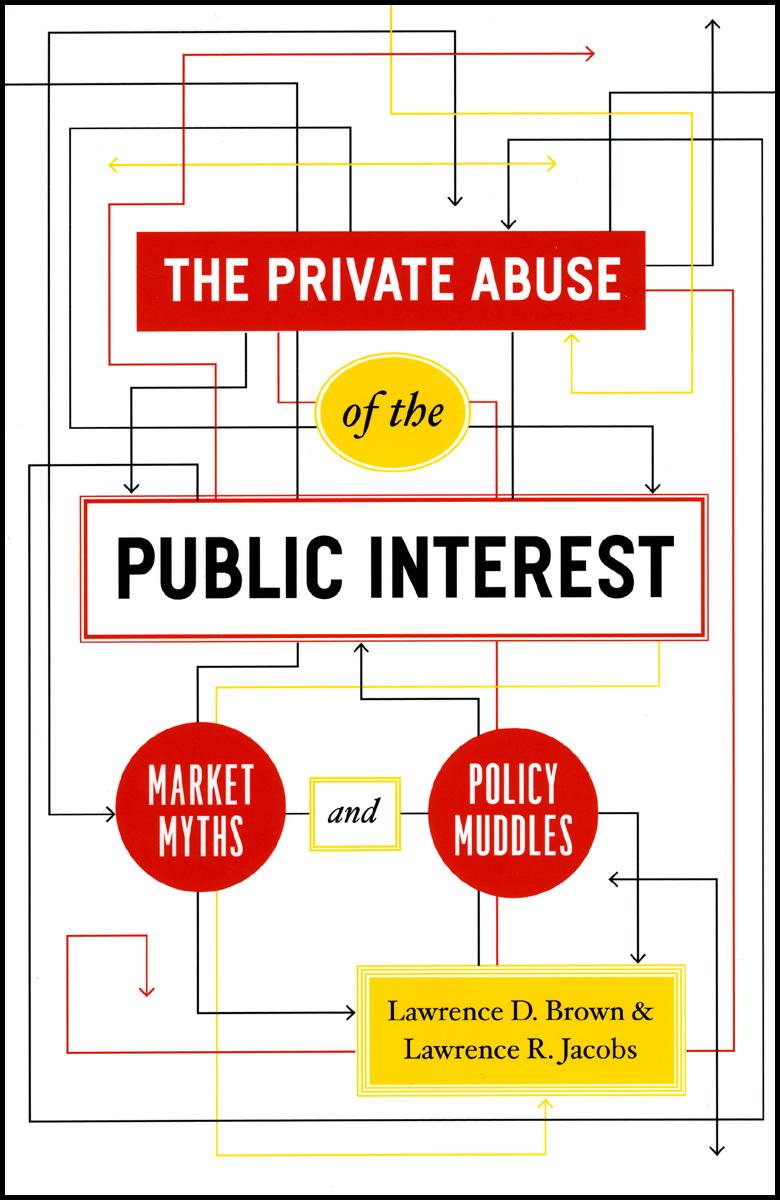When deregulation and privatization ran amuck
 At Tuesday night’s presidential debate, most of the discussion centered on what moderator Tom Brokaw called the “new economic realities out there that everyone in this hall and across this country understands.” Senators McCain and Obama talked mostly about how they would respond to these problems, but the day before the debate, in a panel discussion on their new book The Private Abuse of the Public Interest, Lawrence Brown and Lawrence Jacobs explained how we got into this mess in the first place.
At Tuesday night’s presidential debate, most of the discussion centered on what moderator Tom Brokaw called the “new economic realities out there that everyone in this hall and across this country understands.” Senators McCain and Obama talked mostly about how they would respond to these problems, but the day before the debate, in a panel discussion on their new book The Private Abuse of the Public Interest, Lawrence Brown and Lawrence Jacobs explained how we got into this mess in the first place.
The unraveling of the credit market and the wild swings on Wall Street, they explained, are the latest dramatic illustrations of a pattern their book lays bare, in which deregulation and privatization run amuck and require government action to rescue the public interest. Journalists covering the crisis are listening. McClatchy Newspapers sought Lawrence Jacobs’s expertise last week for a story questioning what prompted lax oversight of the financial industry. (His take? “You could say that the finance industry got their money’s worth by supporting members of Congress who were inclined to look the other way.… The big impact that money may have is in discouraging certain topics from ever coming for a vote or even being seriously considered in a committee hearing.”)
The Los Angeles Times, too, recently cited Brown and Jacobs’s work explaining the effects of the “‘deregulation fever’ that gripped Democrats and Republicans near the end of the 1960s and persisted.” As Jacobs told the LAT, “There was an unquestioned assumption over these decades that if government stays out of the picture, the markets will be more dynamic and the outcome will be better for the country as a whole. … What started as a reasoned and nuanced discussion of how to nudge the economy forward turned into a kind of radical utopian stampede in which leaders of both parties said, ‘Government was the problem.'”
Whichever party wins the presidency in November will do well to heed the warnings of Brown and Jacobs’s sobering history lesson.